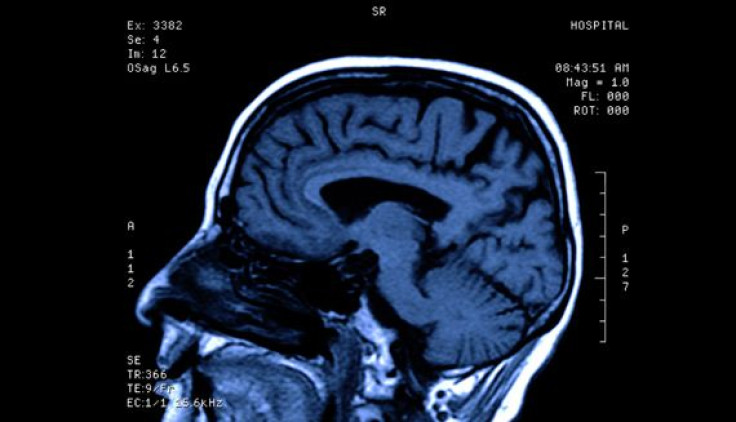Concussions and Even Minor Head Impacts May Accelerate Brain Decline and Aging

Concussions and even minor impacts to the head can speed up the brain's natural aging process, new findings reveal.
Results from the latest study, published in the journal Exercise and Sport Sciences Reviews, suggest that the brains of concussion sufferers have signaling pathways that deteriorate more rapidly than the brains of those who've never suffered a brain injury or concussion.
Researchers compared the brain's signaling pathways to a five-lane highway. On a new highway, traffic runs smoothly and quickly as all lanes are in top shape. However during normal aging, the asphalt on the road deteriorates, resulting in bumpier or even unusable lanes which slow down traffic.
The researchers explained that younger brains transfer electrical signals rapidly, and as people age, pathways in their brains break down and information, like traffic on old highways, cannot be transferred as quickly.
Study authors wrote that concussions and other impacts to the head may lead to "potholes" in the brain's highway, which may result in varying degrees of damage and speeding the pathway's natural deterioration.
Researchers from the University of Michigan found that there were differences in the brain's electrical activity, particularly in attention and impulse control, as well as general gait and balance in patients who've suffered a brain injury compared to those who hadn't.
The findings showed that while the differences between the study groups were subtle and none of the participants exhibited any behavioral differences, the brain declines were present in the participants in the brain injury group up to six years after injury.
"The last thing we want is for people to panic. Just because you've had a concussion does not mean your brain will age more quickly or you'll get Alzheimer's," study researcher Steven Broglio, assistant professor of kinesiology and director of the Neurotrauma Research Laboratory, said in a news release.
"We are only proposing how being hit in the head may lead to these other conditions, but we don't know how it all goes together just yet," he added, as other factors like smoking, exercise, alcohol consumption or genetics could also impact the brain's aging process.
The study consisted of 224 college athletes who were asked to perform certain tasks in front of a computer while images of their brains were taken. Out of all the participants, 162 had never had a previous head injury and 62 had had anywhere from one to four concussions.
The findings also showed a dose-dependent response, suggesting that the more head trauma a person experiences the higher their risk for accelerated brain aging and the deterioration of their brain's signaling pathways.
"What we don't know is if you had a single concussion in high school, does that mean you will get dementia at age 50?" Broglio said. "Clinically, we don't see that. What we think is it will be a dose response."
"So, if you played soccer and sustained some head impacts and maybe one concussion, then you may have a little risk. If you went on and played in college and took more head balls and sustained two more concussions, you're probably at a little bigger risk. Then if you play professionally for a few years, and take more hits to the head, you increase the risk even more. We believe it's a cumulative effect," he explained.
Previous research published in the journal Archives of Pediatrics & Adolescent Medicine found that children who have had mild concussions experience symptoms like problems with attention, dizziness and fatigue even a year after injury.
Researchers noted that while the prolonged symptoms were not felt by all the children in the study, the study only assessed these symptoms a year after head injury, so they were not able to determine if the symptoms were even more long-lasting.



























